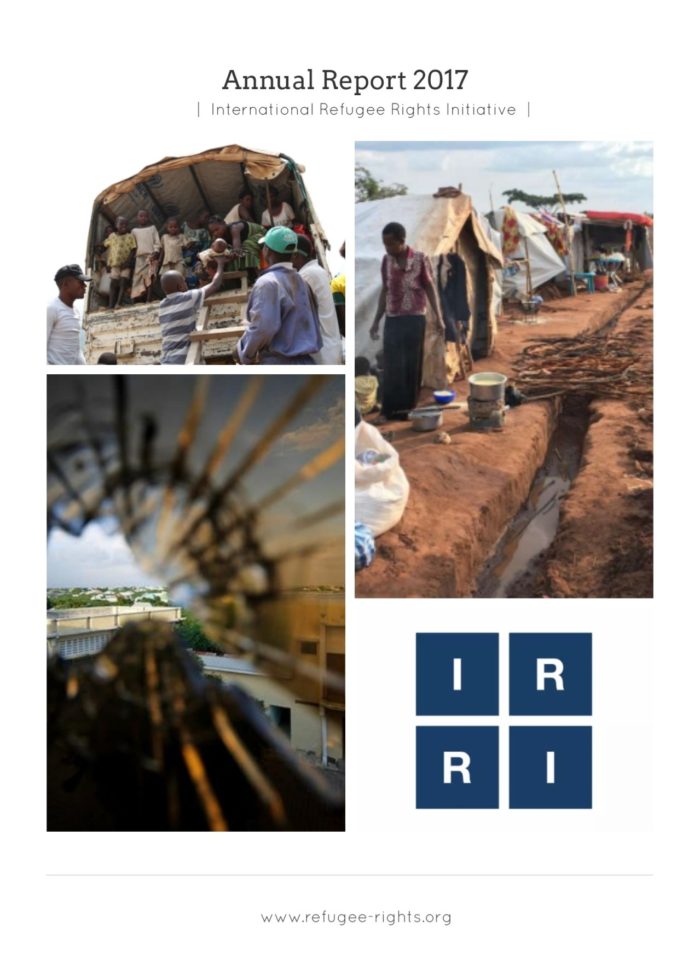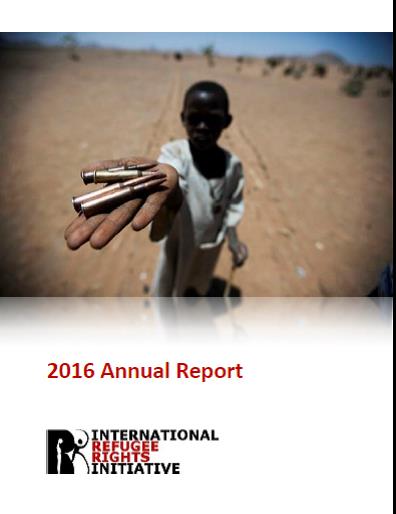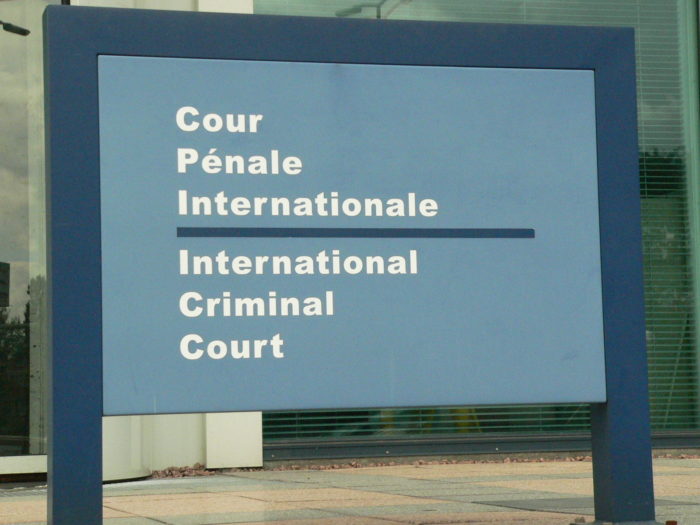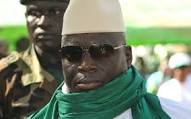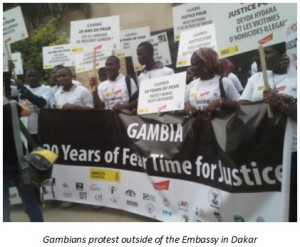IRRI’s 2017 Annual Report highlights our work in a year of significant achievement for us, as we continued to work on our three main programmatic areas of: -identifying the violations that cause displacement and exile; -protecting the rights of those who are displaced, and -ensuring resolutions to their displacement are durable, rights respecting, safe and timely. The…
The first six months of this year has continued at a pace for IRRI. Not only have the areas we work in continue to be challenging but we have worked hard to ensure the voices of the displaced and conflict affected communities are not only heard but heeded at the international level. In addition, our…
On 26 January 2017, Gambia’s former Interior Minister, Ousmane Sonko, was arrested near Berne in Switzerland and charged with crimes against humanity. Two alleged victims, supported by the Swiss NGO TRIAL International, recently filed criminal charges against Sonko, claiming that “they were tortured by the Gambian authorities while Sonko was in charge of security services,…
The International Refugee Rights Initiative (IRRI) publishes an annual report on progress made in three focus areas: identifying the violations that cause displacement and exile; protecting the rights of those who are displaced, and ensuring the solutions to their displacement are durable, rights respecting, safe and timely. The 2016 report summarizes our work and looks…
A week after accepting defeat in the Gambia’s 1 December polls, President Yahya Jammeh, in an extraordinary volte-face, rejected the results of the presidential election and ordered soldiers to take control of the Independent Electoral Commission (IEC), throwing the country into uncertainty. Today anxiety and disarray prevails in the minds of many Gambians as they…
On 1 December 2016, Gambians will go to the polls to elect a president with the likely scenario being the incumbent, President Yahya Jammeh will be re-elected for a fifth time. Twenty-two years ago, Jammeh was a young army officer when he took power in a military coup. He was then elected in 1996, and…
This has been a rough month for the International Criminal Court (ICC). After years of threats of withdrawal from the Rome Statute which created the ICC by African states, South Africa, Gambia and Burundi have made moves to do so this month (South Africa and Burundi have formally notified the UN of their withdrawals while…
On 22 July 2015, to mark the 21st anniversary of his accession to power, President Jammeh announced that he would release approximately 200 detainees in the country. Among those released were all of those who had been convicted of treason between 1994 and 2013 received a presidential pardon. Although the pardon was welcomed by Gambians,…
On 16 March 2015, the UN Special Rapporteur on Torture and other cruel, inhuman or degrading treatment or punishment, Juan Mendez, released the report of his November 2014, visit to the Gambia. Torture is a crime under Section 21 of the Gambian constitution as well as a result of the ratification of the African Charter…
On 30 December 2014, some members of the Gambian opposition and dissidents in the Diaspora took up arms with the aim of overthrowing the regime of President Yahya Jammeh. The coup was foiled, but the attempt has triggered a crackdown on real and perceived political opponents and worsened the already serious human rights situation. On…
Since his accession to power by coup d’etat on 22 July 1994, President Yayah Jammeh has been accused of ruling the Gambia with an iron fist. After 20 years in office, his record has been tarnished by allegations of serious human rights violations including, restriction of the freedom of expression and opinion, arbitrary arrest and…
International Refugee Rights Initiative (IRRI) is concerned about the arrest of two journalists by the National Intelligence Agency (NIA) on Monday 13 January 2014. The publisher and managing editor of the private newspaper The Voice and Pan African News Agency (PANA) stringer in The Gambia, Musa Sheriff and freelance reporter Sainey Marehna were arrested in…
Under the leadership of Dawda Kairaba Jawara, the Gambia was known as a stable and democratic country where people could enjoy basic rights. However, since Yaha Jammeh came to power in a coup d’etat in July 1994, a lot has changed. Now, many human rights defenders, journalists, political opposition leaders and people who do not…
